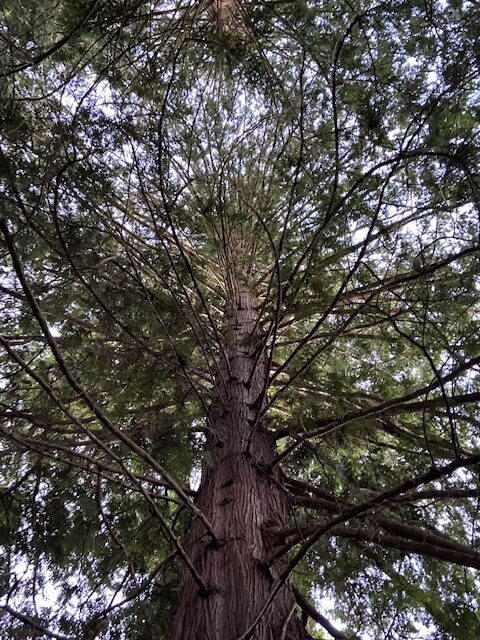Norma Rose Point School, Ortona Road, Vancouver, BC, Canada
As our Inquiry question continues to evolve, I was thinking about what we wanted to investigate and question further. As our long practicum start date also gets closer, I find this looms larger and larger in my mind and I was thinking about how I might incorporate some of our Inquiry group discoveries into my long practicum teaching. I found the following article very interesting when considering connections between land-based learning and the creation of stories together: A Symbiotic Link Between Music, Movement, and Social Emotional Learning: Mindful Learning in Early Learners, by Matt Yanko and Priscilla Yap.
This article inspired me to think about our inquiry question from a new perspective. It encouraged me to consider not just our inquiry question of ‘What stories does the land have to tell?’ but also, how do young students discover these stories? How do we as educators provide opportunities for them to discover these stories? And how do children represent and share these stories with others? As stated in the article, “Children naturally play and make meaning through story” (Yanko & Yap, 2020, p. 251). These thoughts also brought me back a question our group was drawn to in the Early Learning Framework – “What are the children’s stories of the land?” (ELF, 2008, p. 78).
This article describes a Grade 1 class exploring their local outdoor environment, and the listening, noticing, and learning that the students did as their educators allowed them opportunities to explore and experience this land. Students were asked after this excursion to represent this land-based experience through movement and music. Not only did this project foster a deeper relationship with this local natural environment, but it also provided opportunities for the students to collaborate and problem solve in small groups. Students developed not just their musical and artistic skills through these small group projects, but also mindfulness and social emotional learning skills.
I believe it is important for educators to provide students with opportunities to “engage with the natural world through play, exploration, wonder, and imagination” (Yanko & Yap, 2020, p. 249). However, these are not just individual stories. Educators also need to create opportunities for students “to engage with purposeful focus and listening, and to develop openness to others’ perspectives” (Yanko & Yap, 2020, p. 249).
I love that these students did not just have a personal experience on this land or discover their own story – instead, they shared discoveries, meaning, and co-created new stories together.

Posted: February 8, 2022
Author: Myrie
